The Toyota Corolla has long been celebrated for its reliability and efficiency. However, the recent addition of the Toyota Corolla Cross, a modern-day crossover variant, aims to blend these qualities with a stylish design and added practicality. Despite its appealing features, there are several reasons why the Corolla Cross might not be the best option for every buyer. Here are seven points to consider before making a decision.
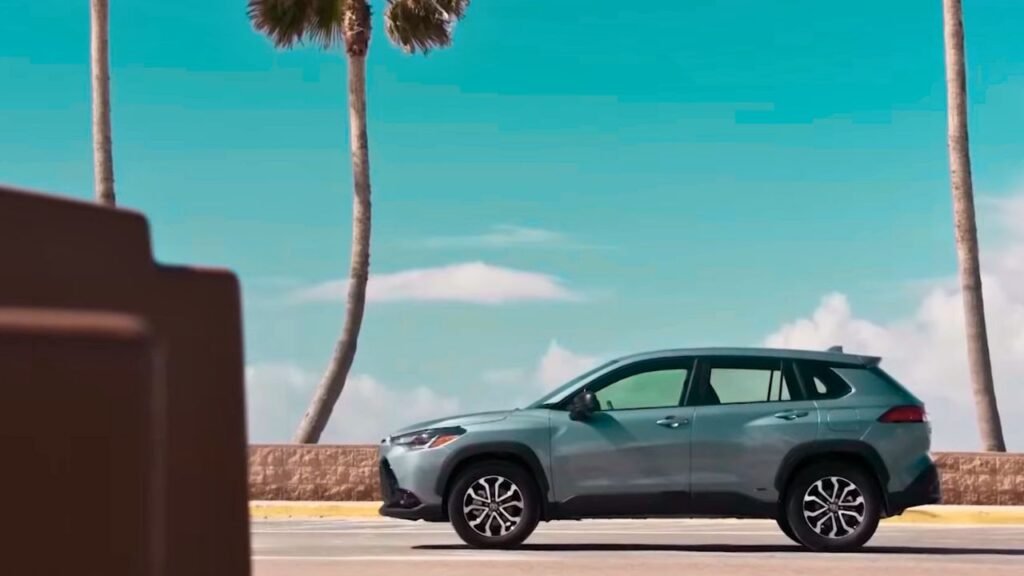
7. Price Considerations
While the Corolla Cross starts at a competitive price point, costs can escalate quickly with optional features and trims. Buyers may find better value in rival crossovers that offer more power, space, or advanced features at a similar or even lower price. As you weigh your options, consider what you’re getting for your investment in this compact crossover.
6. Uncomfortable Seats
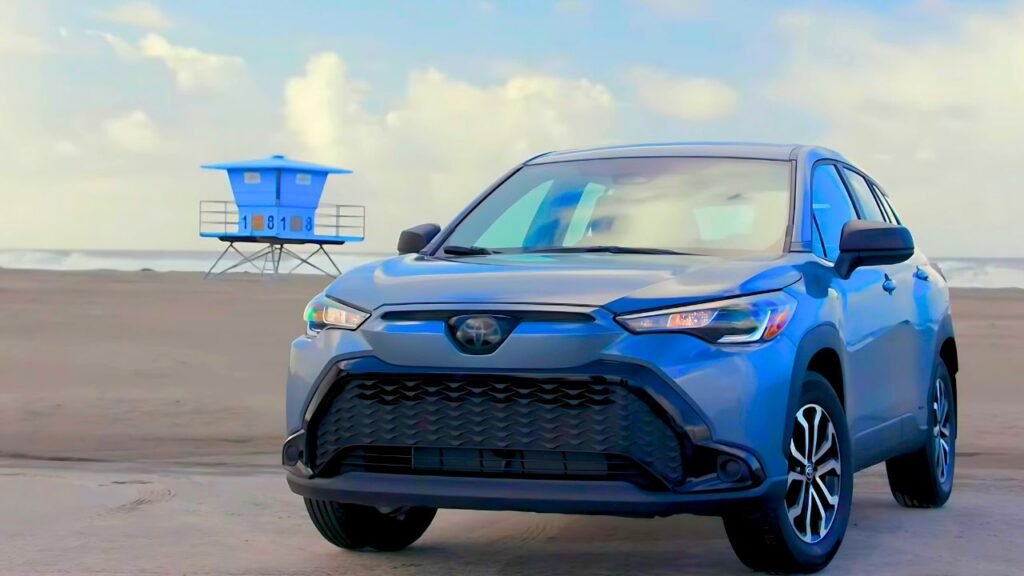
Another drawback of the Corolla Cross is its seating comfort. Many drivers report that the seats lack adequate padding and support, making longer journeys less enjoyable. While comfort can be subjective, the Corolla Cross doesn’t set a high standard in this regard, which may be a significant factor for those planning to use it for daily commuting or road trips.
5. Poor Fuel Economy from Base Models
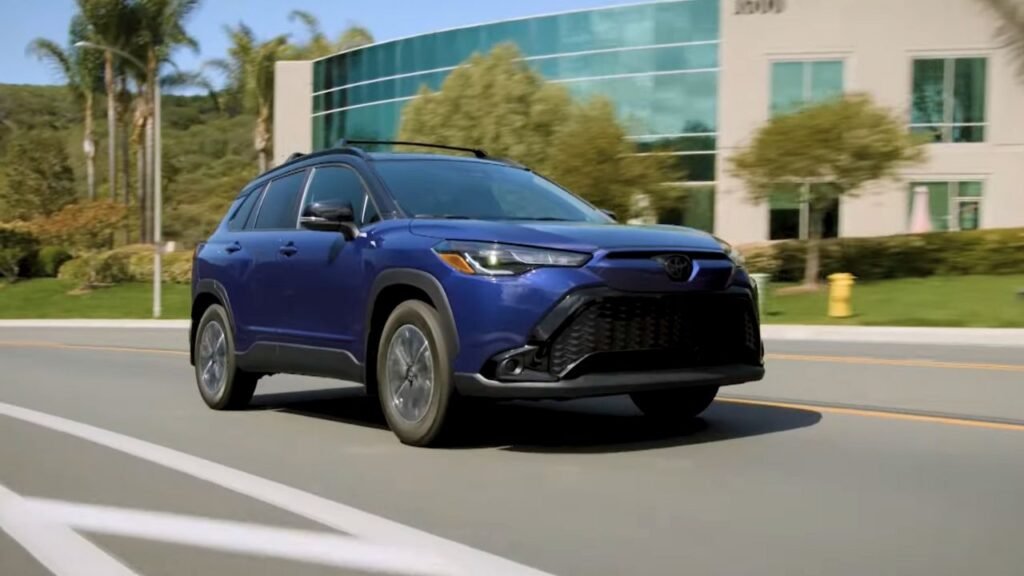
The Corolla Cross hybrid is impressive in terms of fuel efficiency, achieving 45 MPG in the city and 38 MPG on the highway, outperforming larger models like the RAV4 Hybrid. However, the conventional gasoline models fall short, with EPA ratings of only 31 MPG in the city and 33 MPG on the highway. All-wheel drive further diminishes these numbers, making it less appealing for those concerned about fuel costs.
4. Limited Cargo Space
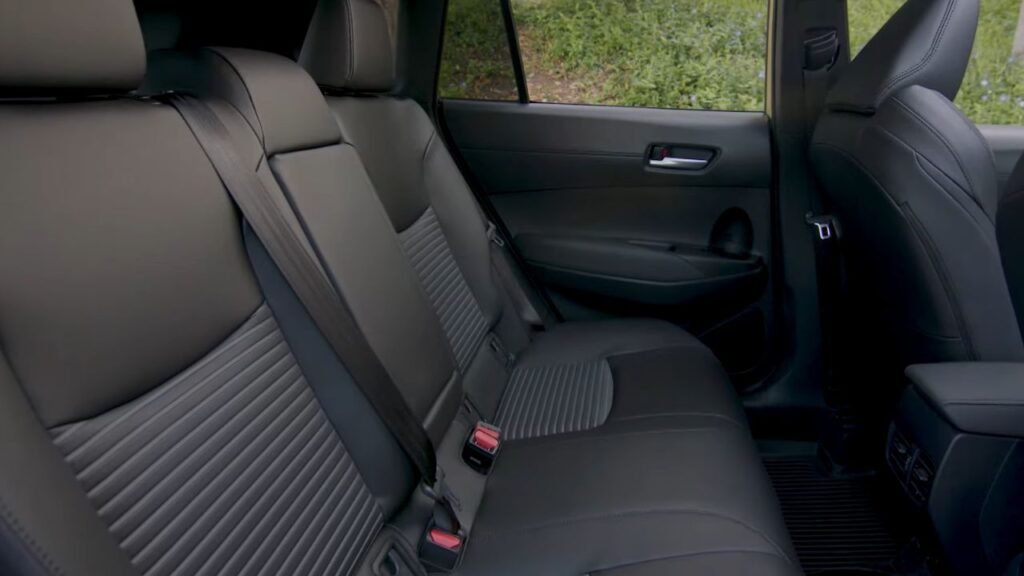
Practicality is a hallmark of crossovers, but the Corolla Cross falls short in cargo capacity. With just 26.5 cubic feet of space behind the rear seats, it lags behind competitors like the Honda CR-V and Mazda CX-30, which offer more room for your gear. When the rear seats are folded down, the cargo space expands to 66.8 cubic feet, but this still might not be enough for families or adventurers who need to transport larger items regularly.
3. Different Rear Suspension Setups
One notable feature of the Corolla Cross is the difference in suspension setups between the front-wheel-drive and all-wheel-drive models. The front-wheel-drive variants utilize a simpler twist beam rear suspension, while all-wheel-drive models, including hybrids, benefit from a more complex multi-link setup.
Interestingly, many drivers report that the torsion beam does an excellent job of absorbing road imperfections, particularly when larger 18-inch wheels are involved. Front-wheel-drive models tend to offer smoother handling, while all-wheel drive provides slightly better traction and off-road capability—though off-roading isn’t one of the Corolla Cross’s strong suits.
2. Uninspiring Powertrain
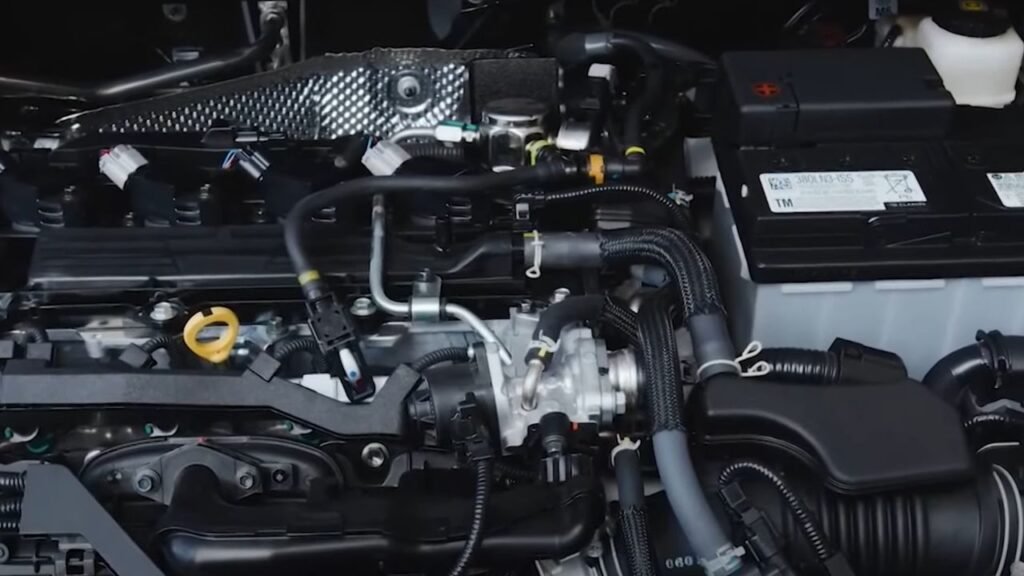
While the Toyota Corolla Cross offers an optional hybrid powertrain, the standard engine leaves much to be desired. It starts with a 169-horsepower, 2.0-liter four-cylinder engine paired with a continuously variable transmission (CVT). This setup produces lackluster acceleration, taking around 9 to 9.5 seconds to reach 60 MPH, which is notably slower than many competitors in the segment, like the Honda HR-V.
In contrast, the hybrid version boasts a more robust 196 horsepower, thanks to three electric motors that enhance both power and throttle response. It can hit 60 MPH in about 7 to 7.5 seconds, making it a more thrilling option for those who prioritize performance. However, the base model’s sluggishness might not appeal to buyers looking for a spirited driving experience.
1. Interior Quality and Design
The interior design of the Corolla Cross is modern, but the quality of materials used can feel somewhat lacking. While Toyota has made strides in enhancing its interiors, some elements still have a budget feel, which may disappoint buyers looking for a more premium experience. The infotainment system, although functional, can be cumbersome and slow to respond, further detracting from the overall driving experience.
Final Thoughts
In summary, while the Toyota Corolla Cross presents an appealing mix of traditional Corolla efficiency and crossover styling, it’s not without its shortcomings. From an uninspiring powertrain to limited cargo space and interior quality issues, there are several factors to consider before making a decision. Depending on your priorities and needs, it may be worth exploring other options in the compact crossover segment.


